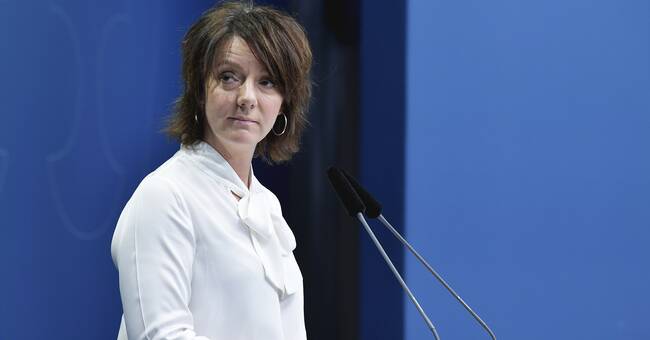- It is possible to be critical of the lack of human rights but still see the value of international cooperation between universities in different countries.
Matilda Ernkrans (s), responsible minister for higher education issues, answers the question posed by the deputy chair of the Foreign Affairs Committee, the moderate Kristina Axén Olin.
The question was asked with reference to SVT's recent revelation that at least 13 Swedish universities continue to collaborate with Iranian counterparts, even after the Iranian death sentence against the Swedish-Iranian researcher Ahmedreza Djalali.
Belgium has stopped
In Belgium, where Djalali has been a visiting professor, universities have frozen cooperation with Iran due to his arrest.
Kristina Axén Olin wanted to know if the government considered the university collaboration to be appropriate and what the Minister intended to do to stop it.
As SVT Nyheter was able to report, the cooperation with Iran has aroused criticism from members of parliament from various parties, such as the Left Party, the Liberals, the Christian Democrats and the Sweden Democrats.
"Responsible independently"
The answer from Ernkrans suggests that the government does not see any problem with the cooperation.
- Higher education institutions are independently responsible for the activities conducted at the individual higher education institution, including international collaborations, Ernkrans writes in his response.
Matilda Ernkrans emphasizes in her answer that the government demands that the death penalty against Djalali not be carried out.
SVT has sought the minister for an interview, without success.

